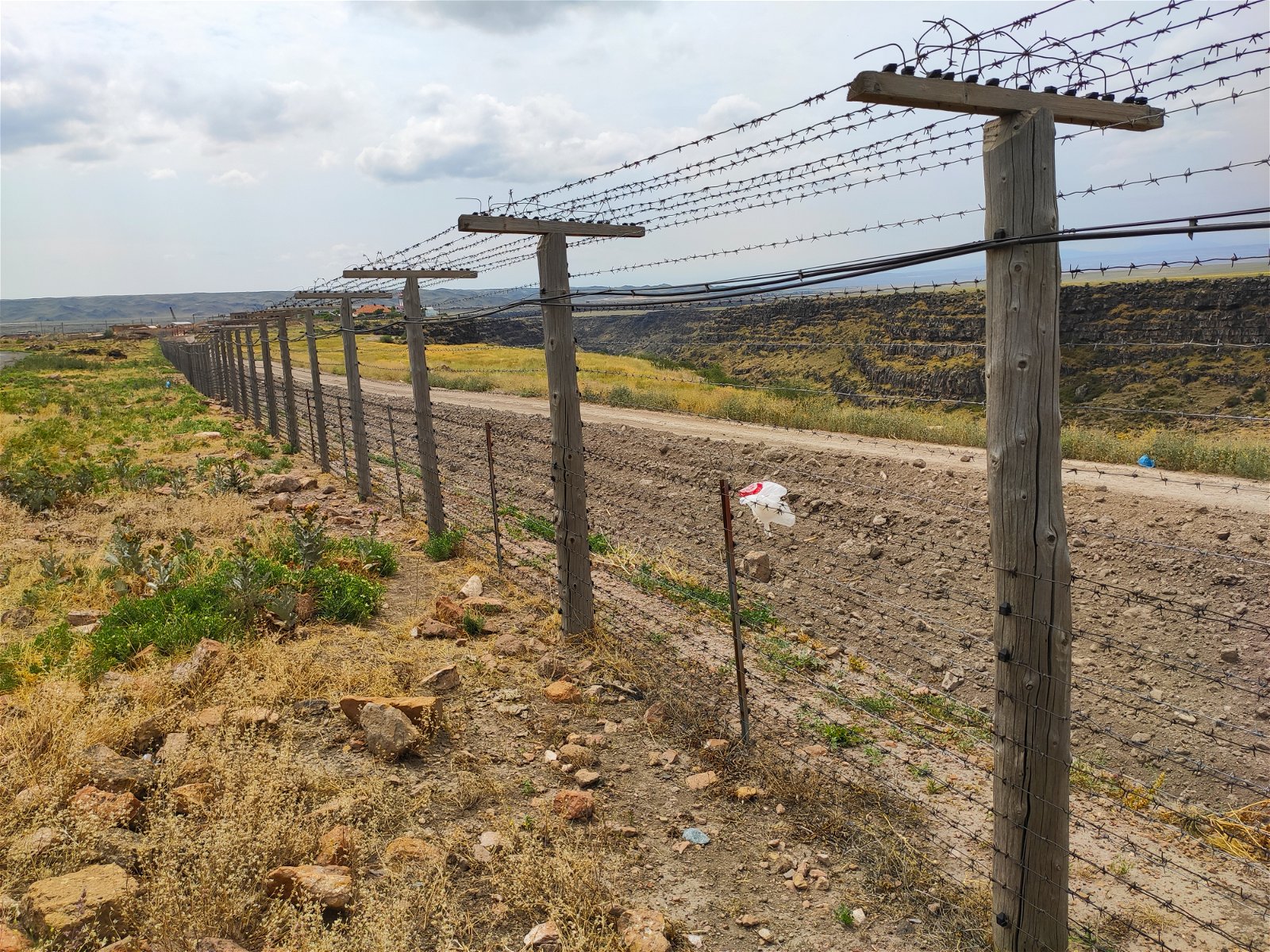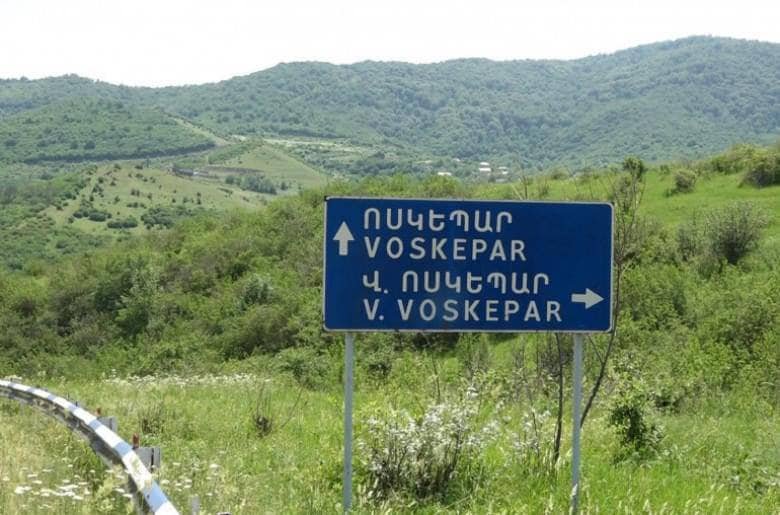
YEREVAN—Armenian Prime Minister Nikol Pashinyan’s recent announcement of Armenia’s decision to abstain from participation in the Collective Security Treaty Organization (CSTO) has sparked debate regarding the country’s security alliances.
Pashinyan’s remarks also shed light on the “Crossroads of Peace” project, which proposes significant infrastructure enhancements to bolster connectivity between the Black Sea and the Persian and Oman Gulfs via Armenia. However, critics question the feasibility of such ambitious projects amidst Armenia’s strained relationships with neighboring countries.
Furthermore, Pashinyan’s emphasis on expanding defense cooperation with European countries signals a shift in Armenia’s geopolitical alliances, potentially alienating traditional partners in favor of forging new partnerships.
Armenia’s open stance towards establishing relations with all partners, including Turkey, has also drawn skepticism, particularly regarding the normalization process with Turkey and the potential risks involved in opening the Armenia-Turkey land border.
Pashinyan’s statements underscore a shifting landscape in Armenia’s foreign relations, which he presents as hope for regional stability and security. The declaration to abstain from CSTO decisions, coupled with efforts to diversify security relationships, leave Armenia’s future alliances uncertain and raise questions about its commitment to longstanding partnerships.
In light of these events, Armenia’s pivot towards the West is increasingly evident. This shift is underscored by the upcoming Armenia-EU-U.S. tripartite meeting scheduled for April 5, as highlighted by U.S. State Department spokesperson Matthew Miller during a recent press conference.
While details of the meeting remain undisclosed, Miller emphasized the shared objective of encouraging Armenia and Azerbaijan to resolve their differences and achieve a lasting peace agreement. This diplomatic engagement signals a departure from traditional alliances towards closer ties with Western partners, potentially reshaping Armenia’s geopolitical landscape in the process.
In a stern response to Miller’s announcement, Ayhan Hajizade, spokesperson of the Foreign Ministry of Azerbaijan, issued a stark warning, portraying Armenia’s turn toward the West as a potential catalyst for conflict.
Hajizade condemned the forthcoming Armenia-EU-U.S. tripartite meeting slated for April, denouncing it as a brazen display of Western support for Armenia. He cautioned that such overt backing from Washington and Brussels, coupled with Armenia’s festering “revanchist” sentiments, could embolden Armenia to instigate aggressive actions against Azerbaijan.
Issuing a grave ultimatum, Hajizade insinuated that Armenia might misinterpret the support from the EU and the U.S. as a green light for provocations against Azerbaijan. He ominously suggested that if Armenia were to take such reckless actions, both the EU and the U.S. would bear the brunt of responsibility for any ensuing turmoil.
In a thinly veiled threat, Hajizade underlined Azerbaijan’s unwavering commitment to defending its territorial integrity and sovereignty. He warned that any further provocations from Armenia could plunge the region into renewed conflict, heightening tensions and destabilizing the fragile peace efforts.
With tensions simmering and the specter of conflict looming, Hajizade urged all parties to exercise restraint and uphold international law to “prevent the outbreak of hostilities.”
In light of recent events, an American think tank, the RAND corporation, has shed light on the complex dynamics of Armenia’s geopolitical landscape in a comprehensive analysis titled “The U.S. Can’t Guarantee Armenia’s Security, Despite Azerbaijan’s Threats, but It Can Help” authored by Joe Haberman and Paul Cormarie.
The RAND analysts delve into the multifaceted role of the United States in the region, spanning Armenia’s relations with Azerbaijan, Turkey and Russia and strategic outlook.
“Armenia’s national interests would be best served by hedging its security relationship with Russia without unduly alienating Moscow by abandoning it altogether,” the analysts argued.
The analysis underscores the delicate balance of U.S. interests in the South Caucasus region, emphasizing that while the area may not be of immediate strategic importance from a narrow perspective, any potential aggression by Azerbaijan against Armenia could profoundly impact American interests.
In light of the analysis emphasizing the potential ramifications of Azerbaijani aggression against Armenia on American interests, it appears that the West and the broader international community recognize Azerbaijan as the primary instigator of conflict in the region. Despite Azerbaijan’s propensity to issue threats, it is clear that any attack is more likely to originate from Azerbaijan, given its history of belligerent actions.
“An invasion of Armenia by Azerbaijan would run counter to America’s interest. Armed aggression would delegitimize the principles undergirding U.S. support to Ukraine – that international borders are inviolable and that democracies should be defended. An invasion also could further destabilize the region and upend critical energy flows that America’s NATO allies are increasingly dependent on as they wean themselves off Russian supplies,” the RAND analysis reads.
Regarding U.S. support for Armenia’s defense capabilities, the analysts acknowledge the limitations of immediate military deterrence and advocate for a nuanced approach. They recommend simultaneous military assistance and political intervention to avert further escalation of hostilities in the region, particularly amidst Baku’s preparations for potential military aggression.
“Rather than unwavering support, however, the United States should pursue a more cautious strategy, for both its own interests and those of Armenia. It should provide Armenia with the capabilities to defend itself, while setting clear expectations about the limits of its commitments. It can help support Armenian security, but for a number of reasons, it cannot play the role of security guarantor,” the analysis reads.
In the realm of Armenian-Turkish relations, the analysis proposes a constructive role for the United States in fostering regional stability by facilitating improved ties between Yerevan and Ankara. Recognizing mutual interests in normalization, the analysts suggest U.S. support through technical assistance or mediation to expedite the process.
The RAND analysis underscores the complexity of Armenia’s foreign relations and urges Western partners to adopt a pragmatic approach. Rather than pressuring Armenia to choose between alliances, the West should acknowledge its diverse partnerships and focus on areas where mutual cooperation can contribute to stability and prosperity in the region.

Amidst these developments and rising tensions along Armenia’s border with Azerbaijan, concerns are mounting over Armenia’s security strategy. MP Garnik Danielyan of the National Assembly’s “Hayastan” faction has sounded the alarm following PM Pashinyan’s recent announcement that he is prepared to cede four villages in Armenia’s Tavush province to Azerbaijan.
Danielyan claimed that during a recent visit to Tavush, Pashinyan attempted to spread fear of an impending war with Azerbaijan. Yet, Danielyan noted a defiant response from residents, particularly in Voskepar, who stand ready to defend their homeland against any threat.
Against this backdrop, Danielyan has been actively engaging with communities in Noyemberyan and Ijevan, where he has observed the presence of individuals purportedly sent by Pashinyan’s administration to “break the resistance of the villagers.” Expressing hope that the populace will not succumb to such persuasion, Danielyan underscored a growing distrust towards the government.
Furthermore, Danielyan suggested that fissures within the government have emerged, with some members of the ruling party expressing dissent over the unilateral concessions made by Pashinyan in Tavush. These dissenting voices caution against jeopardizing Armenia’s security and alienating the wider society through concessions that undermine national interests.
As Armenia navigates through these turbulent waters, the nation’s security landscape hangs in a delicate balance, with implications reaching far beyond its borders.
Author information
The post Armenia’s geopolitical tightrope appeared first on The Armenian Weekly.